Total Economic Collapse
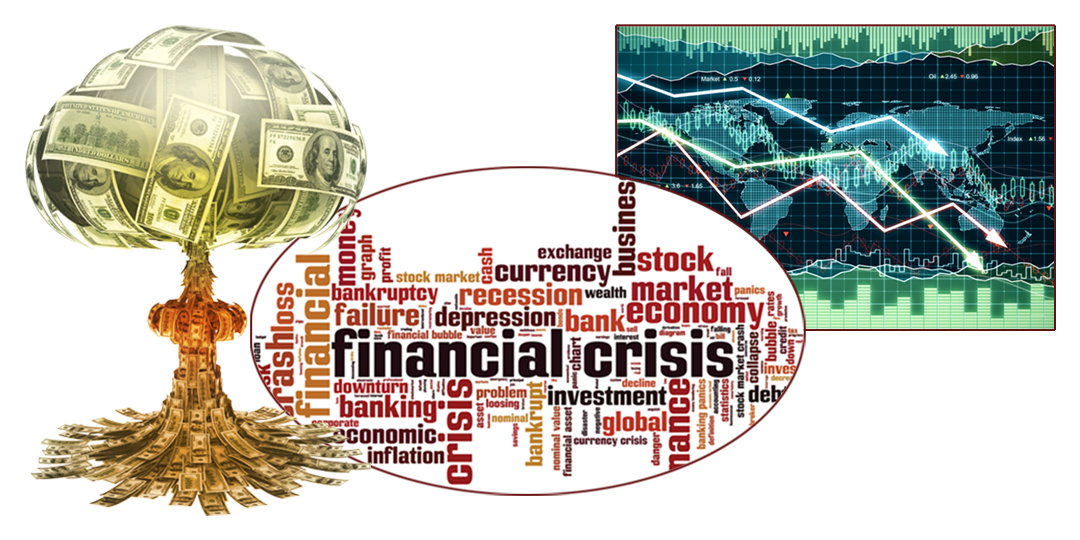
Just imagine… The national debt continues to balloon, the interest rate on the debt increases, and we ultimately find ourselves unable to make interest payments. National default leads to trust in the dollar quickly eroding and as a result, currency ends up not being worth the paper it is printed on. Hyperinflation, bank runs, store shelves picked clean, looting and rioting. Lights flicker above us, water sputters from faucets, and as more and more services and utilities begin failing, panic tears through the population.
The solution?
The Resort at Forest Haven. While societal order collapses – not just in the U.S., but around the world – we still have gas and electrical power. We have water, food, and fuel storage. We have security and communications. We have commerce and transportation. We have extensive grain fields, fruit and nut orchards, vineyards… We have everything necessary to be completely self-sufficient and at the same time, maintain the high standard of living you and your family are accustomed to.
- Investors are impatient and they are also desperate for the ‘next big thing,’ and they are not paying attention to the fact that the ‘next big thing’ can be an economic crisis that they have created by being very irresponsible with their power.
–Carmen Busquets
- A tidal wave is coming to the US economy, and when it crashes it’s going to throw the economy into recession.
–Albert Edwards
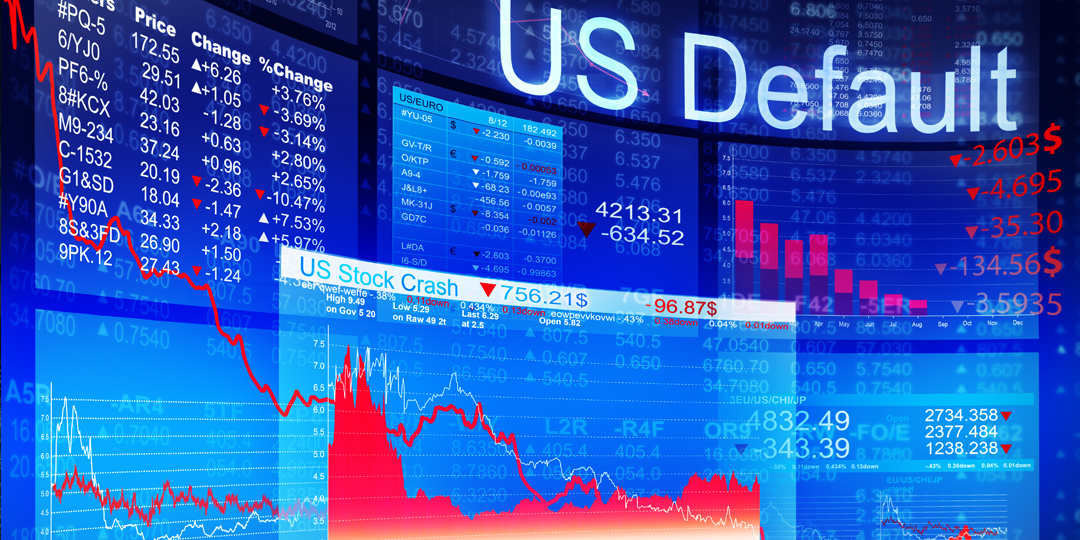
- We owe more than we can easily repay. We spend too much and borrow too much. Worse, we promise too much… I won’t insist that this can’t go on, because it has. I only say that it will eventually stop. I don’t know the date, but I believe that I know the reason. It will stop when the world loses confidence in the dollars we owe. Come that moment of truth, the nation will resemble Chicago, a once-prosperous polity now trying to persuade its once-trusting creditors that it is actually solvent.
–James Grant – Time Magazine 2016
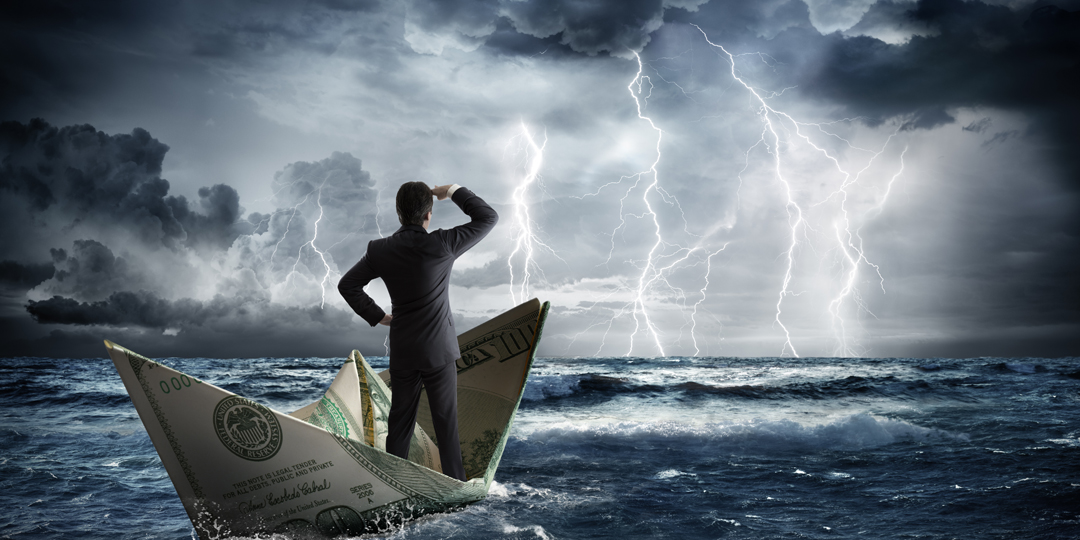
- If the US became unable to service its debt, it would lead to a sovereign default… [which] would be a cataclysmic event globally. In financial markets terms, it would dwarf anything we have seen in 2008 or even 1929… Interest rates in the US (and by extension around the world) would rapidly rise. It would be difficult for businesses to get credit and the economy would grind to a halt, resulting in mass unemployment.
–Alan Clement, Investment Bank VP
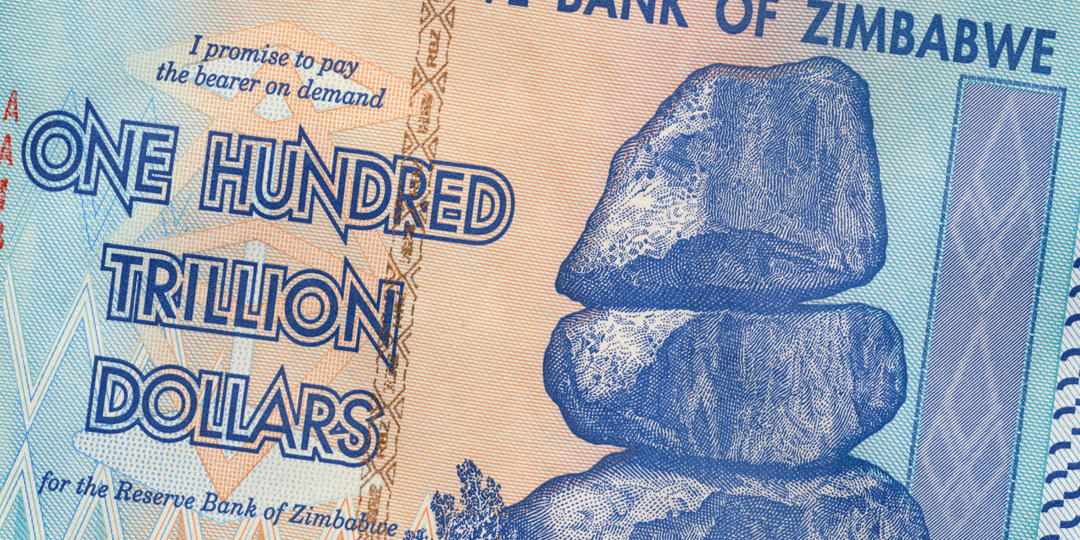
- A default would upend money markets, destroy bond funds, slam the brakes on lending, cause interest rates to spiral, make our banks insolvent, and deal a blow to our foreign trading partners and creditors around the globe; all of which would throw the U.S. and the world into economic disarray.
–Matt Nestro
- Many who lack vision will say that it will never happen and those who decide to live unprepared should consider the following: Failure to prepare today will increase the magnitude of your suffering tomorrow.
–David Meyer
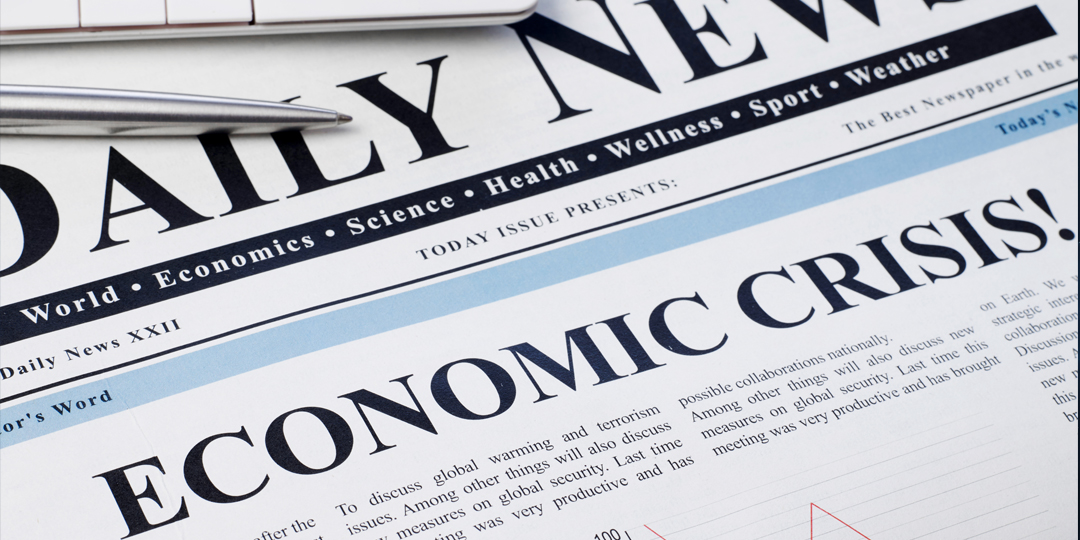
- “Time is running out fast. I think we have maybe a few months — it could be weeks, it could be days — before there is a material risk of a fundamentally unnecessary default by a country like Spain or Italy which would be a financial catastrophe dragging the European banking system and North America with it.”
–Willem Buiter, Citigroup chief economist
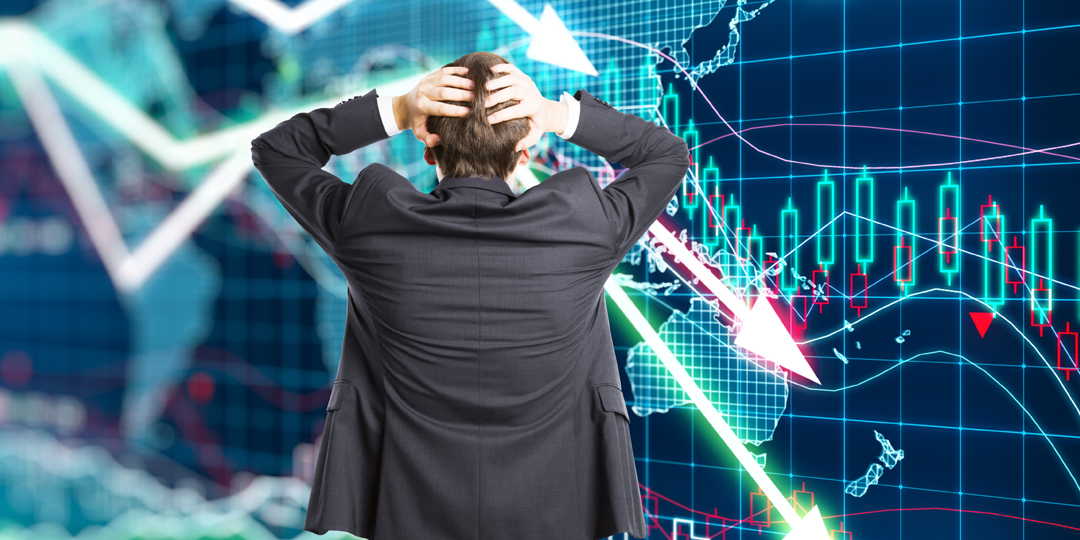
- What are the consequences of a US default? No one really knows exactly what would happen, but the likelihood is that markets around the world would plunge and global interest rates would rise… In the US, Goldman Sachs estimates that $175bn would immediately be withdrawn from the US economy and it could lead to a very deep recession.
–Kim Gittleson, BBC
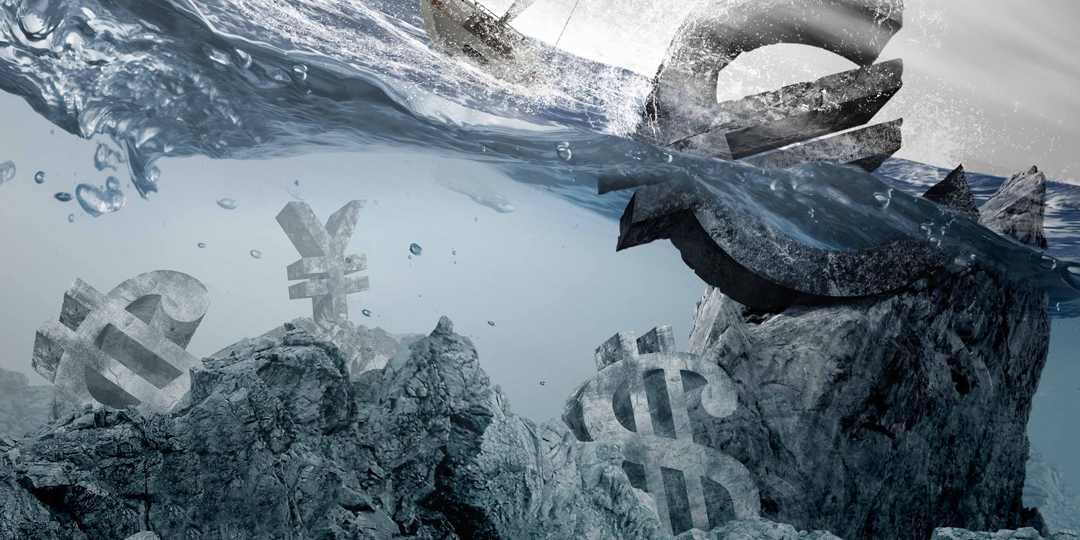
- In 2009, Iceland defaulted on $62 billion in debt incurred by banks it had nationalized. The country’s GDP was only $14 billion. As a result of the banks’ collapse, foreign investors fled Iceland, prompting the value of its currency, the krona, to drop 50% in one week. This created massive inflation and soaring unemployment.
- “We all know that 97% of the money in the world doesn’t exist and that’s thanks to Fractional Reserve Banking, or should I say fictional reserve banking.”
–Arun D. Ellis
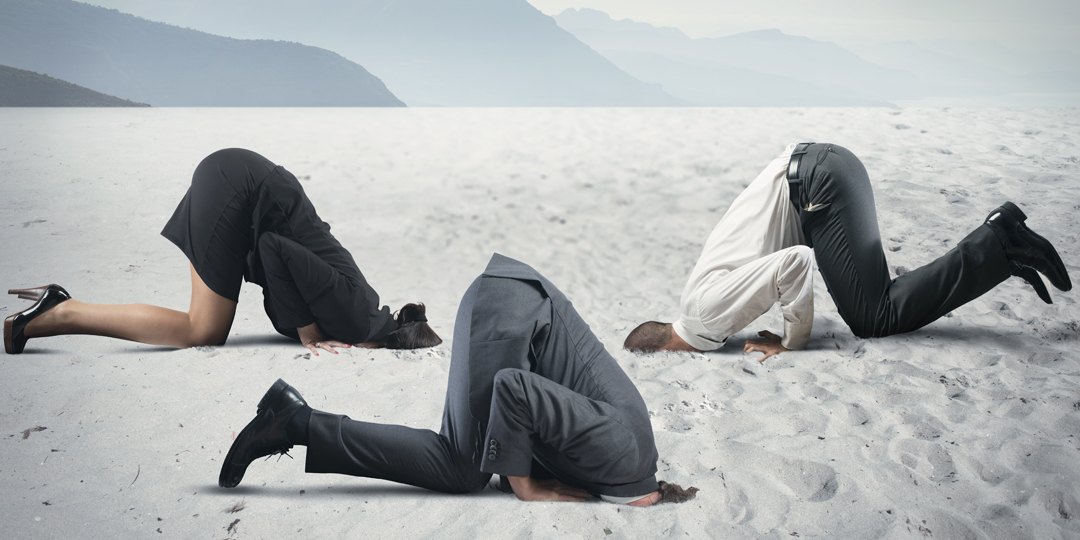

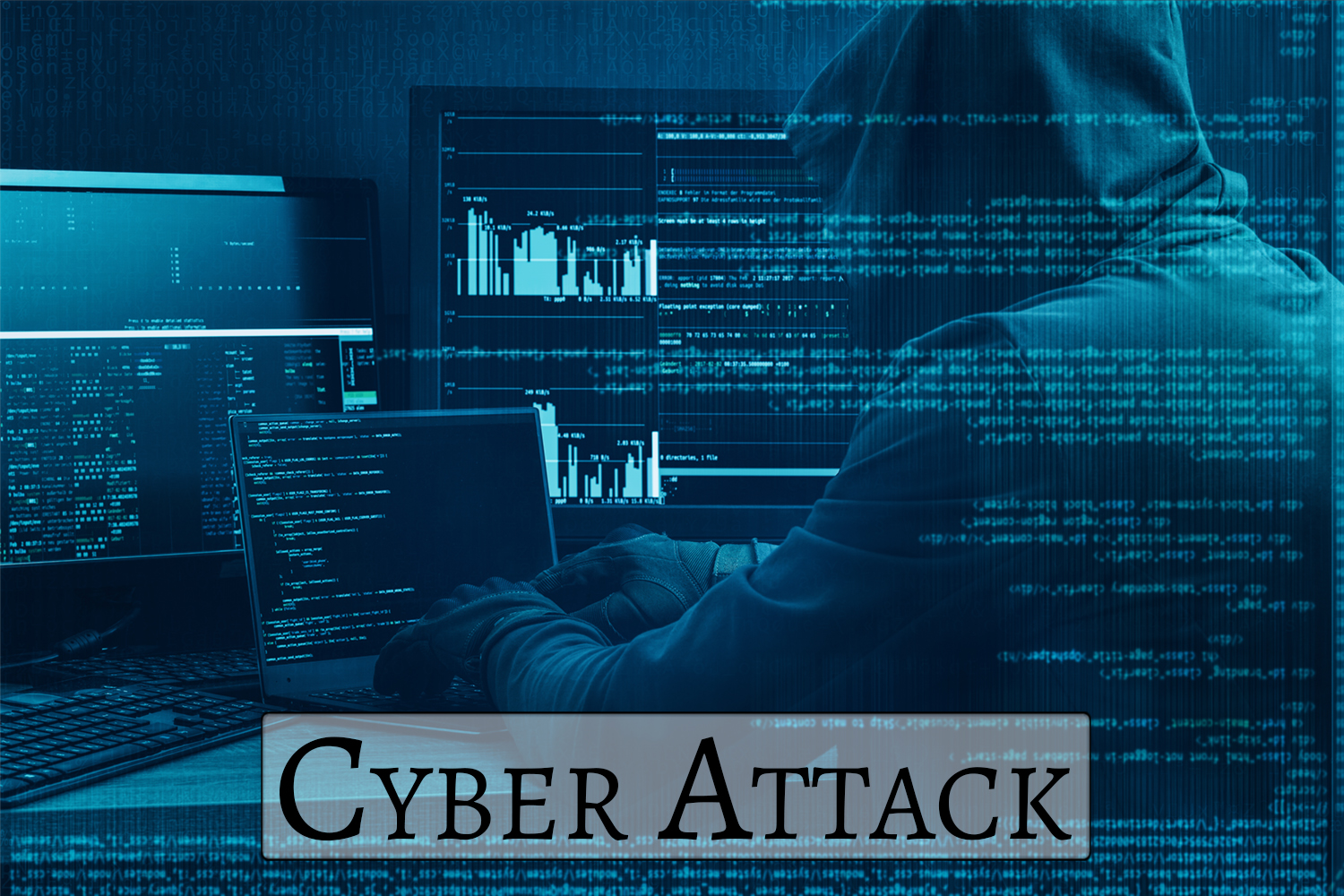
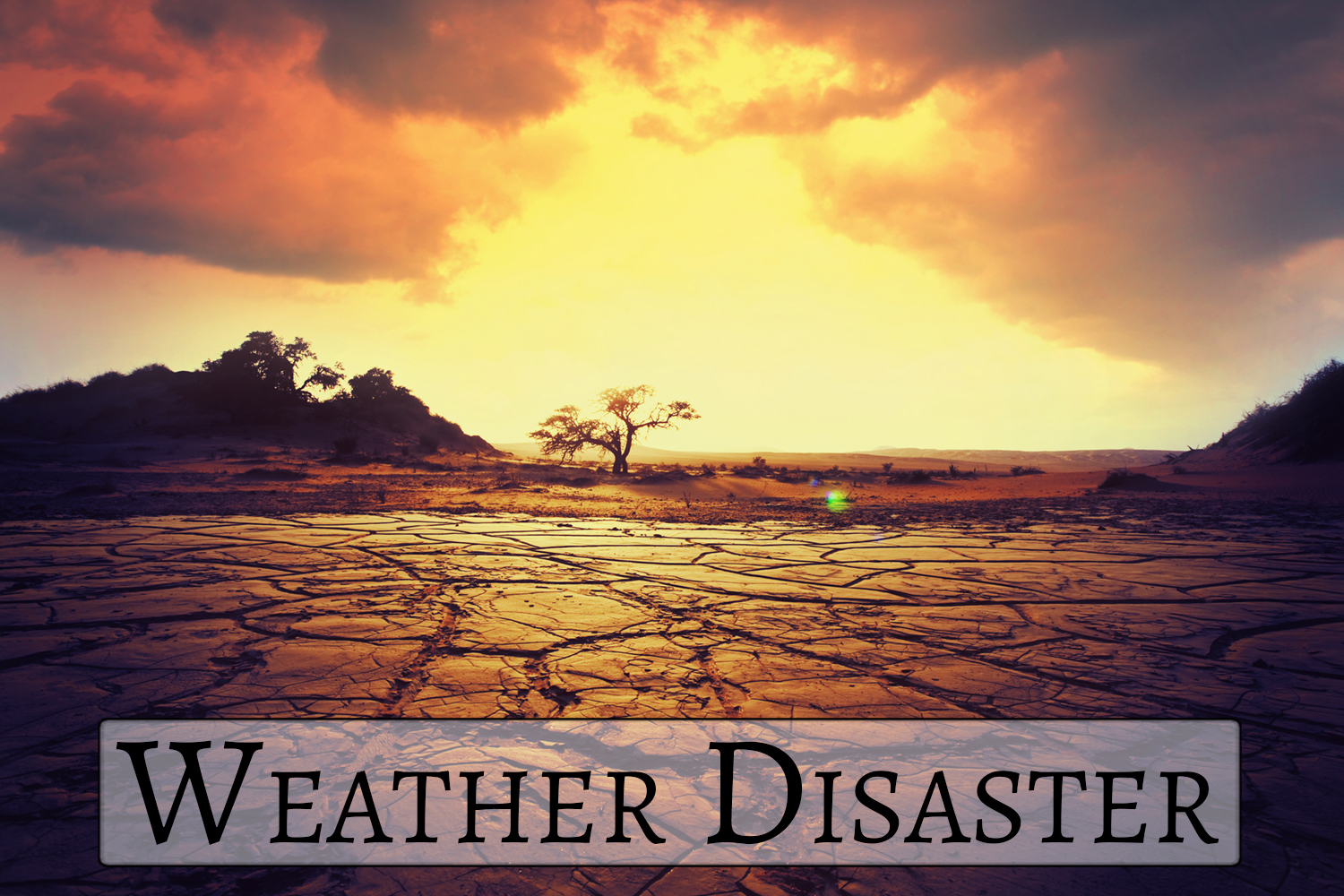
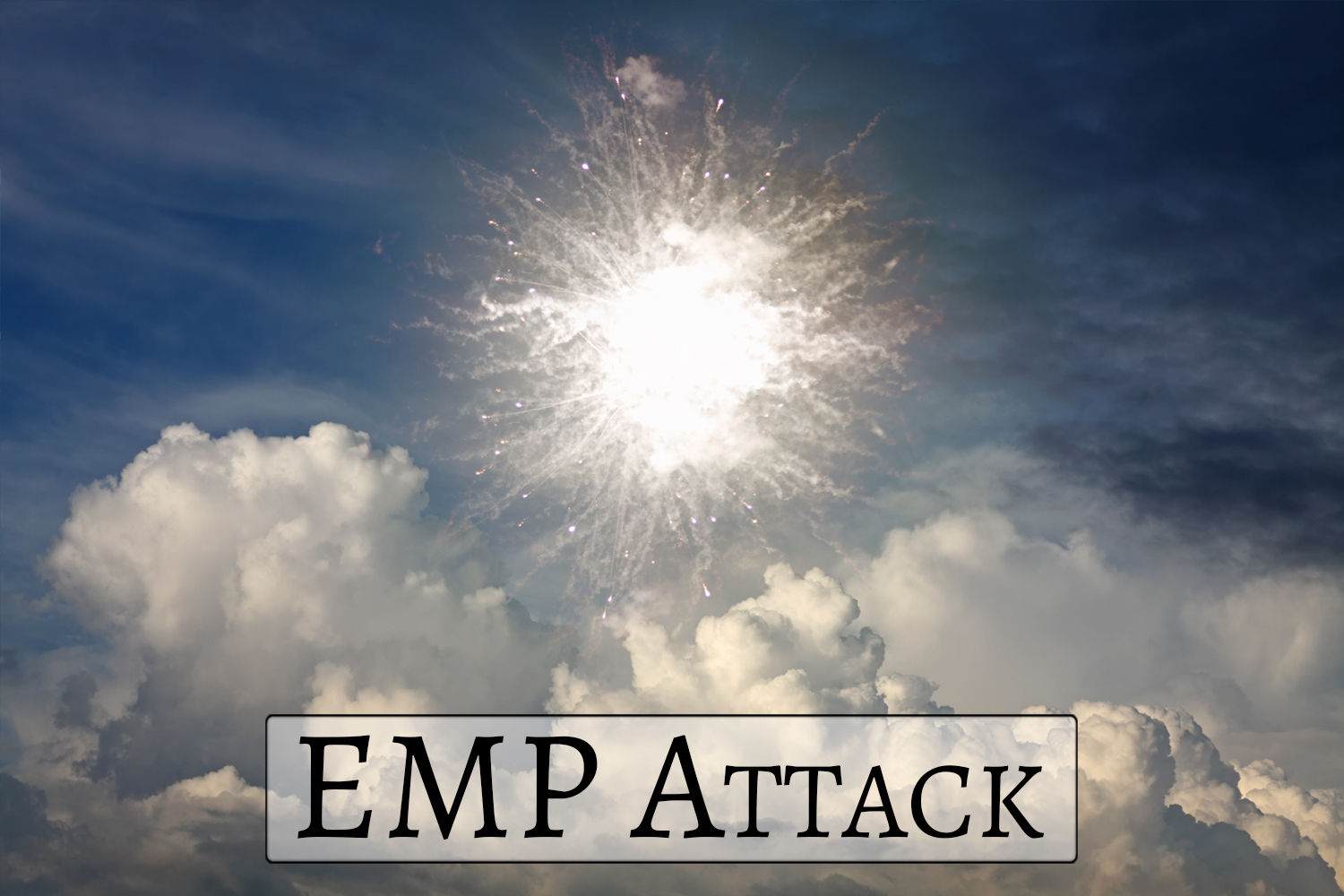


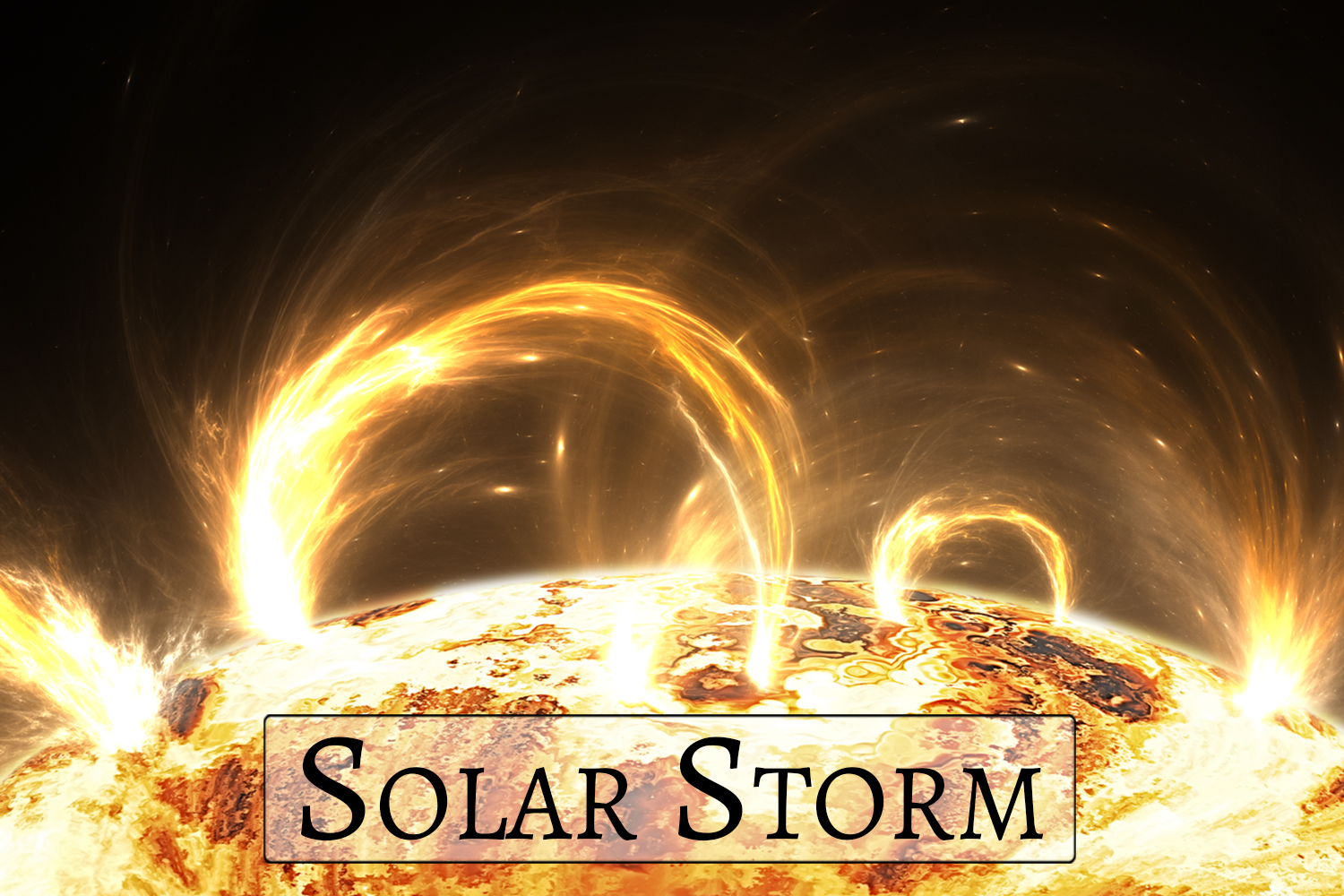
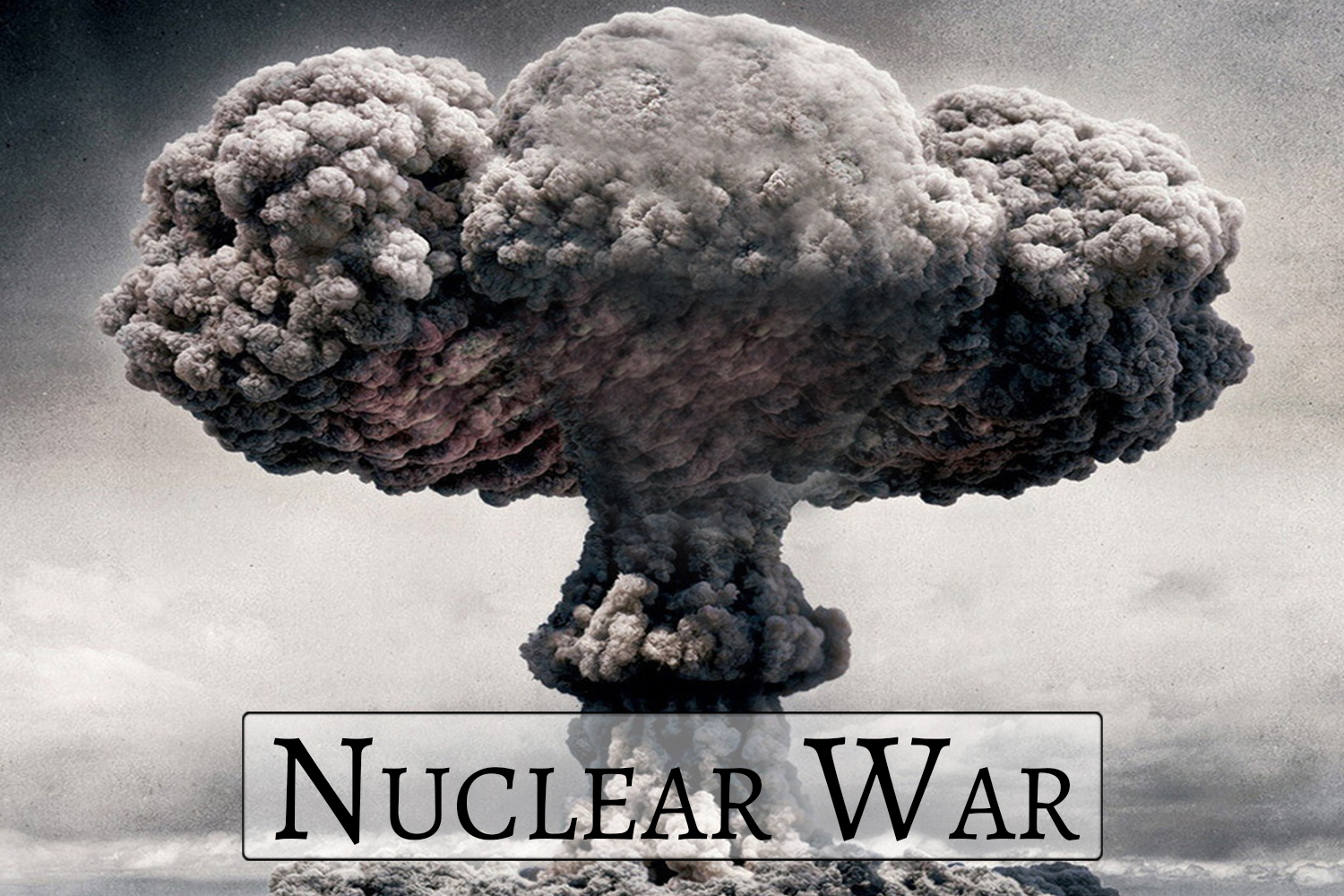

 Theron is uniquely qualified to lead the development of The Resort at Forest Haven as he brings a wealth of knowledge from his business career as well as from his personal interests to the venture. From a young age, Theron has been fascinated with both people and structures. This fascination and study has made him pursue activities that involve people and beauty and excellence. Theron studied business and economics extensively while working on his undergraduate degree in sociology. Years later, after a decade in the real estate and mortgage industry, Theron completed his MBA at Westminster College.
Theron is uniquely qualified to lead the development of The Resort at Forest Haven as he brings a wealth of knowledge from his business career as well as from his personal interests to the venture. From a young age, Theron has been fascinated with both people and structures. This fascination and study has made him pursue activities that involve people and beauty and excellence. Theron studied business and economics extensively while working on his undergraduate degree in sociology. Years later, after a decade in the real estate and mortgage industry, Theron completed his MBA at Westminster College. Around the time he entered the real estate industry, he recognized that so many structures had become extremely cookie-cutter and bland in nature. Theron resolved to create a resort that would provide a mecca of sorts to those who wanted to delve into the extraordinary with regards to what was possible for a resort home. Coupled with that, Theron envisioned a resort community that would provide stability in an unstable world — especially if the societal bonds that held society together happened to break down or unravel. The result is of course The Resort at Forest Haven.
Around the time he entered the real estate industry, he recognized that so many structures had become extremely cookie-cutter and bland in nature. Theron resolved to create a resort that would provide a mecca of sorts to those who wanted to delve into the extraordinary with regards to what was possible for a resort home. Coupled with that, Theron envisioned a resort community that would provide stability in an unstable world — especially if the societal bonds that held society together happened to break down or unravel. The result is of course The Resort at Forest Haven.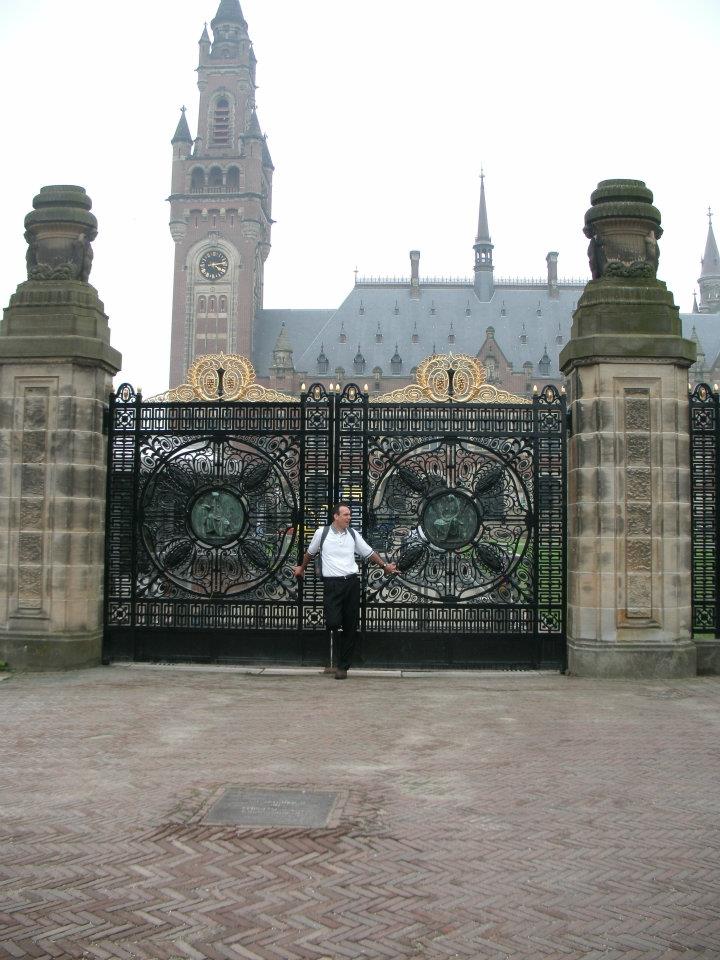


 Ken brings decades of construction and development experience to The Resort at Forest Haven. Academically trained as an architect, Ken began his career with an eye focused more on the initial design aspect of construction. Over the years, his career has evolved into a combination of what is possible and achieving results in the actual development of construction projects world.
Ken brings decades of construction and development experience to The Resort at Forest Haven. Academically trained as an architect, Ken began his career with an eye focused more on the initial design aspect of construction. Over the years, his career has evolved into a combination of what is possible and achieving results in the actual development of construction projects world. Ken partners with his wonderful, loving wife in their endeavor to raise 6 exceptional children. Ken also possesses an irrepressible love of living life with fun. Ken brings this passion to his work and also to his down time. Ken received his undergraduate degree in architectural studies from ABC University and completed scores of masters-level courses at XYZ University.
Ken partners with his wonderful, loving wife in their endeavor to raise 6 exceptional children. Ken also possesses an irrepressible love of living life with fun. Ken brings this passion to his work and also to his down time. Ken received his undergraduate degree in architectural studies from ABC University and completed scores of masters-level courses at XYZ University.

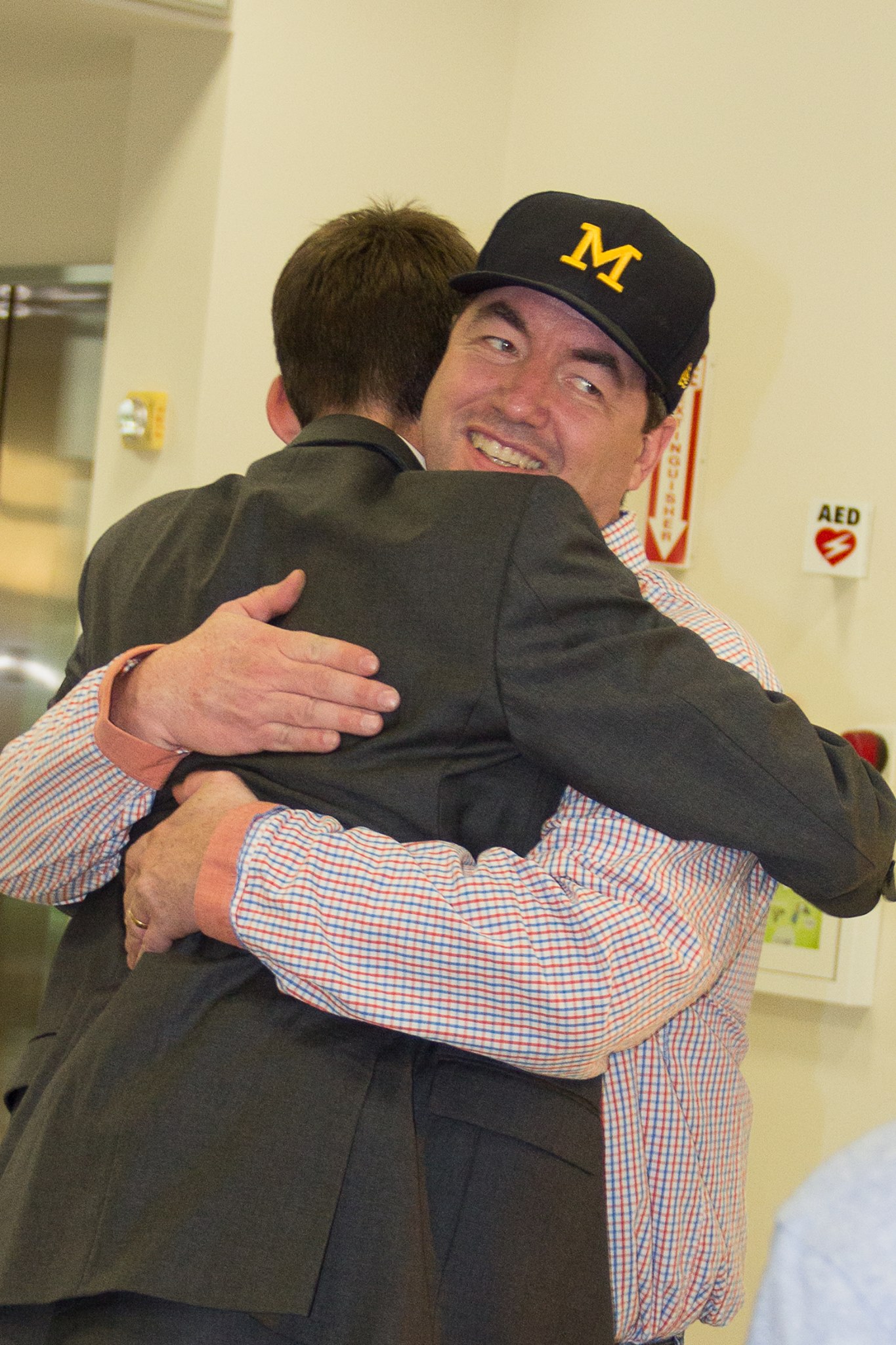
 Bernard brings a unique blend of experience in both real estate and interpersonal relations to The Resort at Forest Haven. Indeed, the first half of his business career was spent in the real estate and mortgage industry and the second half has been working with adults and children on an interpersonal level. Bernard is the epitome of a people person in that individuals from all socio-economic levels, races, cultural backgrounds, or whatever are drawn to his affable, intelligent, and quick-witted personality. Bernard’s formal educational background began with an undergraduate degree in history and culminated with a master’s degree in psychology from the University of XYZ.
Bernard brings a unique blend of experience in both real estate and interpersonal relations to The Resort at Forest Haven. Indeed, the first half of his business career was spent in the real estate and mortgage industry and the second half has been working with adults and children on an interpersonal level. Bernard is the epitome of a people person in that individuals from all socio-economic levels, races, cultural backgrounds, or whatever are drawn to his affable, intelligent, and quick-witted personality. Bernard’s formal educational background began with an undergraduate degree in history and culminated with a master’s degree in psychology from the University of XYZ. Bernard began his career in the mortgage and real estate industry and excelled in helping people obtain the home of their dreams. Then, more than a decade into this career, Bernard switched gears to take a more intensive role in helping adults and children obtain success both in academia and in their lives in general. Bernard excels in finding ways to help people achieve happiness in whatever aspect of their lives they have need. Bernard’s ability to create harmony in peoples’ lives who come from a wide range of backgrounds will be instrumental in enabling him to orchestrate the day-to-day operations of multiple teams and hundreds of individuals working together to ensure the resort community functions harmoniously. And when a situation or issue arises, Bernard’s intellect and problem-solving skills will enable him to get things back on track rapidly and efficiently. In order for The Resort to function properly, it will need someone like Bernard at the helm.
Bernard began his career in the mortgage and real estate industry and excelled in helping people obtain the home of their dreams. Then, more than a decade into this career, Bernard switched gears to take a more intensive role in helping adults and children obtain success both in academia and in their lives in general. Bernard excels in finding ways to help people achieve happiness in whatever aspect of their lives they have need. Bernard’s ability to create harmony in peoples’ lives who come from a wide range of backgrounds will be instrumental in enabling him to orchestrate the day-to-day operations of multiple teams and hundreds of individuals working together to ensure the resort community functions harmoniously. And when a situation or issue arises, Bernard’s intellect and problem-solving skills will enable him to get things back on track rapidly and efficiently. In order for The Resort to function properly, it will need someone like Bernard at the helm.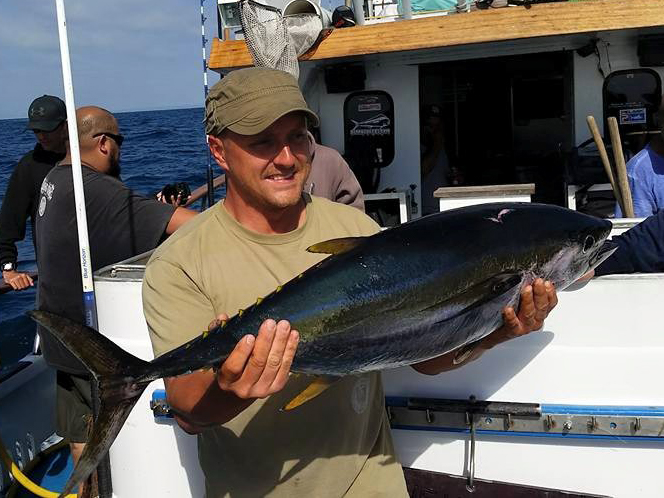
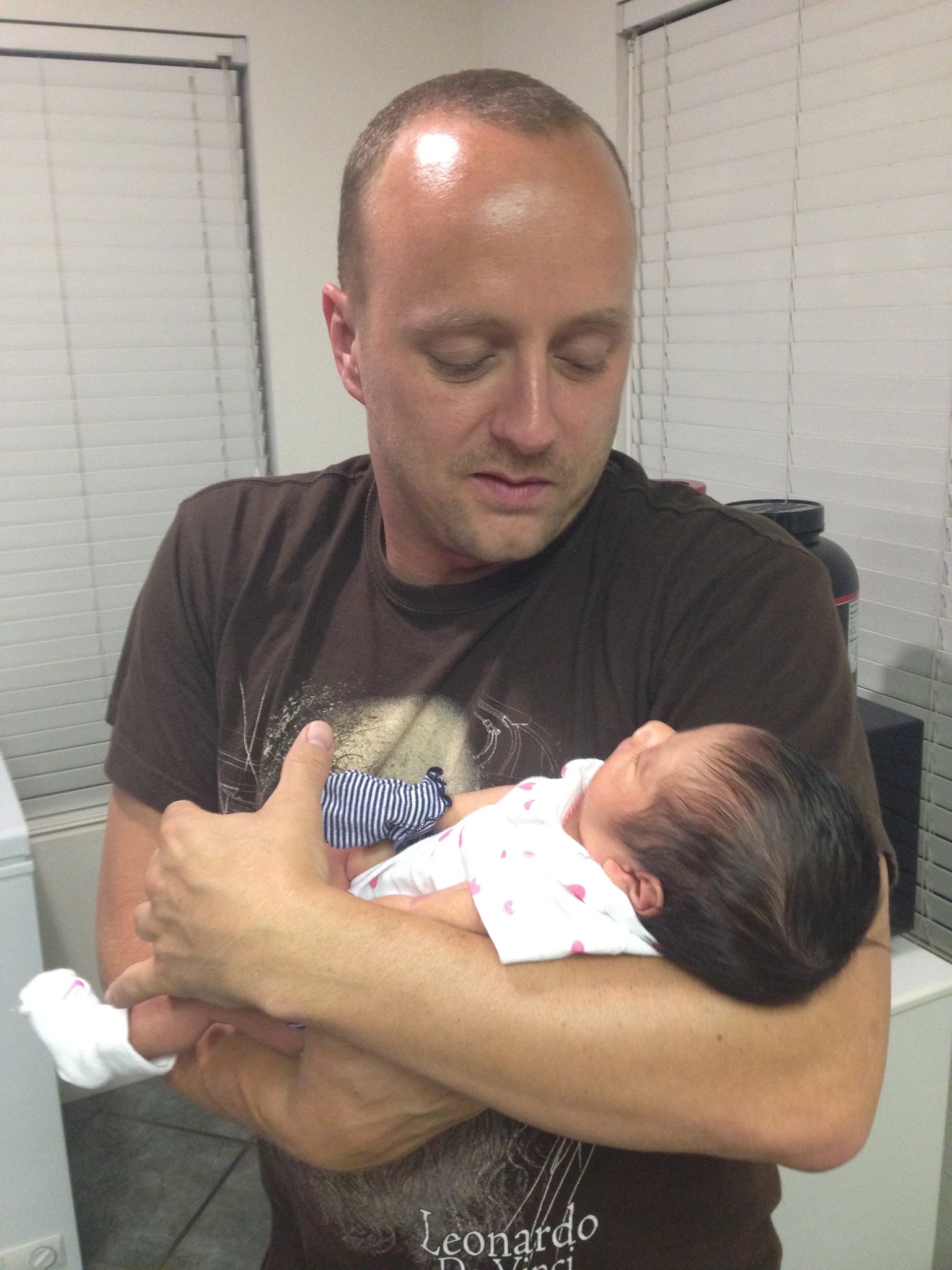

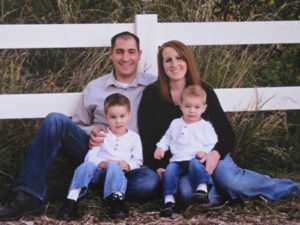 John’s extensive and varied background makes him uniquely qualified to lead the agricultural development of The Resort at Forest Haven. John brings a long and successful history in the real estate side of business, but actually got his start in the nursery business. In addition, John has run a small farm raising a multitude of different animals and growing a wide variety of fruit trees and vegetable crops.
John’s extensive and varied background makes him uniquely qualified to lead the agricultural development of The Resort at Forest Haven. John brings a long and successful history in the real estate side of business, but actually got his start in the nursery business. In addition, John has run a small farm raising a multitude of different animals and growing a wide variety of fruit trees and vegetable crops. He is passionate about making the greenery and forests and bonds and lakes and orchards and every living animal at The Resort at Forest Haven the most magnificent, vibrant and a happy that it can be. He will not rest until the personal grounds of your resort estate are as fantastic as you envisioned them. Moreover, he will work to make the grounds and greenery of The Resort itself be a place where you will want to come to relax and enjoy the sheer beauty of nature.
He is passionate about making the greenery and forests and bonds and lakes and orchards and every living animal at The Resort at Forest Haven the most magnificent, vibrant and a happy that it can be. He will not rest until the personal grounds of your resort estate are as fantastic as you envisioned them. Moreover, he will work to make the grounds and greenery of The Resort itself be a place where you will want to come to relax and enjoy the sheer beauty of nature.
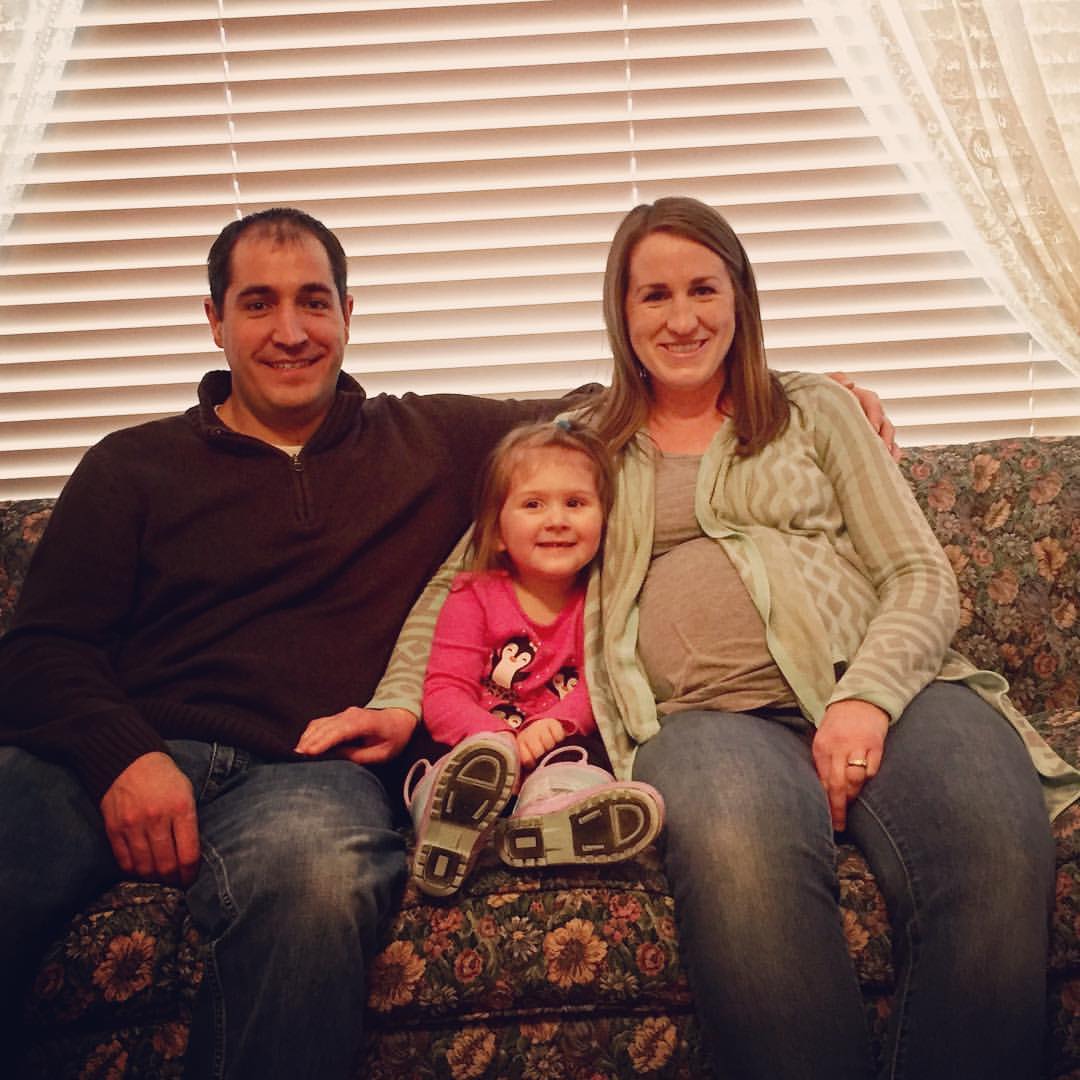

 Rob is an exceptional human being. Rob is the most left-brained, analytical and logically-thinking right-brained person you may ever meet. Rob excels in the business world in large part due to his ability to utilize both sides of his brain to an exceptional degree. This ability gives Rob an incredible eye for detail… Not only with regard to what is structurally and mathematically correct, but also what is aesthetically pleasing. Rob was trained in art at Ricks College, and throughout the years has created many works of his own. On the business side, Rob has excelled in running his own profitable construction company and has brought multiple business ventures from the start-up stage all the way to profitability.
Rob is an exceptional human being. Rob is the most left-brained, analytical and logically-thinking right-brained person you may ever meet. Rob excels in the business world in large part due to his ability to utilize both sides of his brain to an exceptional degree. This ability gives Rob an incredible eye for detail… Not only with regard to what is structurally and mathematically correct, but also what is aesthetically pleasing. Rob was trained in art at Ricks College, and throughout the years has created many works of his own. On the business side, Rob has excelled in running his own profitable construction company and has brought multiple business ventures from the start-up stage all the way to profitability. bird dogs to bass fishing to camping, boating and beyond, Rob’s outdoor interests are wide-ranging and a lot of fun. Rob excels at athletic activities and is passionate about many different sports. He has an amazing family with five adorable children who are well on their way to being fantastic members of society. Rob’s wife is as loving and caring sweetheart of an individual as you will ever know!
bird dogs to bass fishing to camping, boating and beyond, Rob’s outdoor interests are wide-ranging and a lot of fun. Rob excels at athletic activities and is passionate about many different sports. He has an amazing family with five adorable children who are well on their way to being fantastic members of society. Rob’s wife is as loving and caring sweetheart of an individual as you will ever know!
